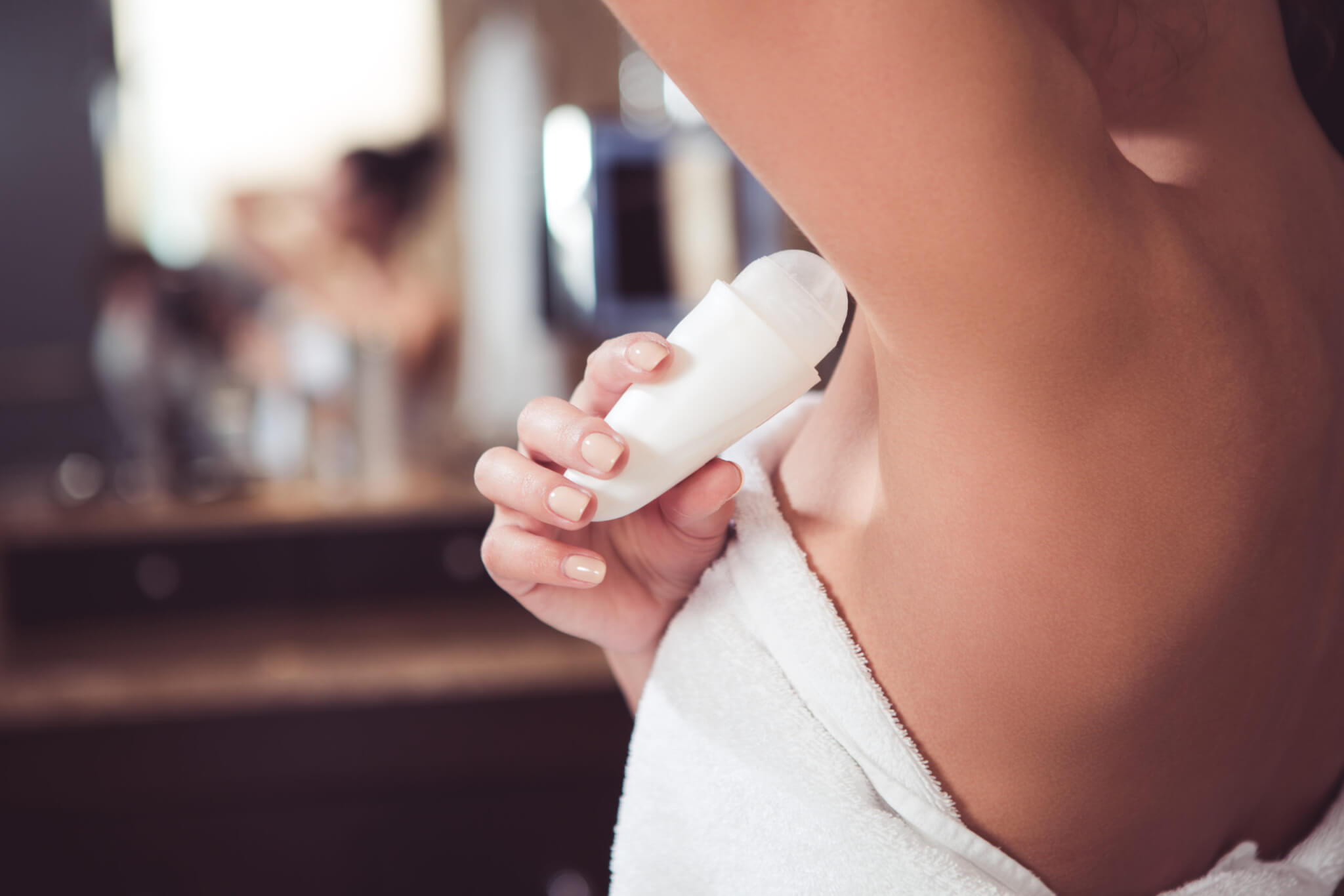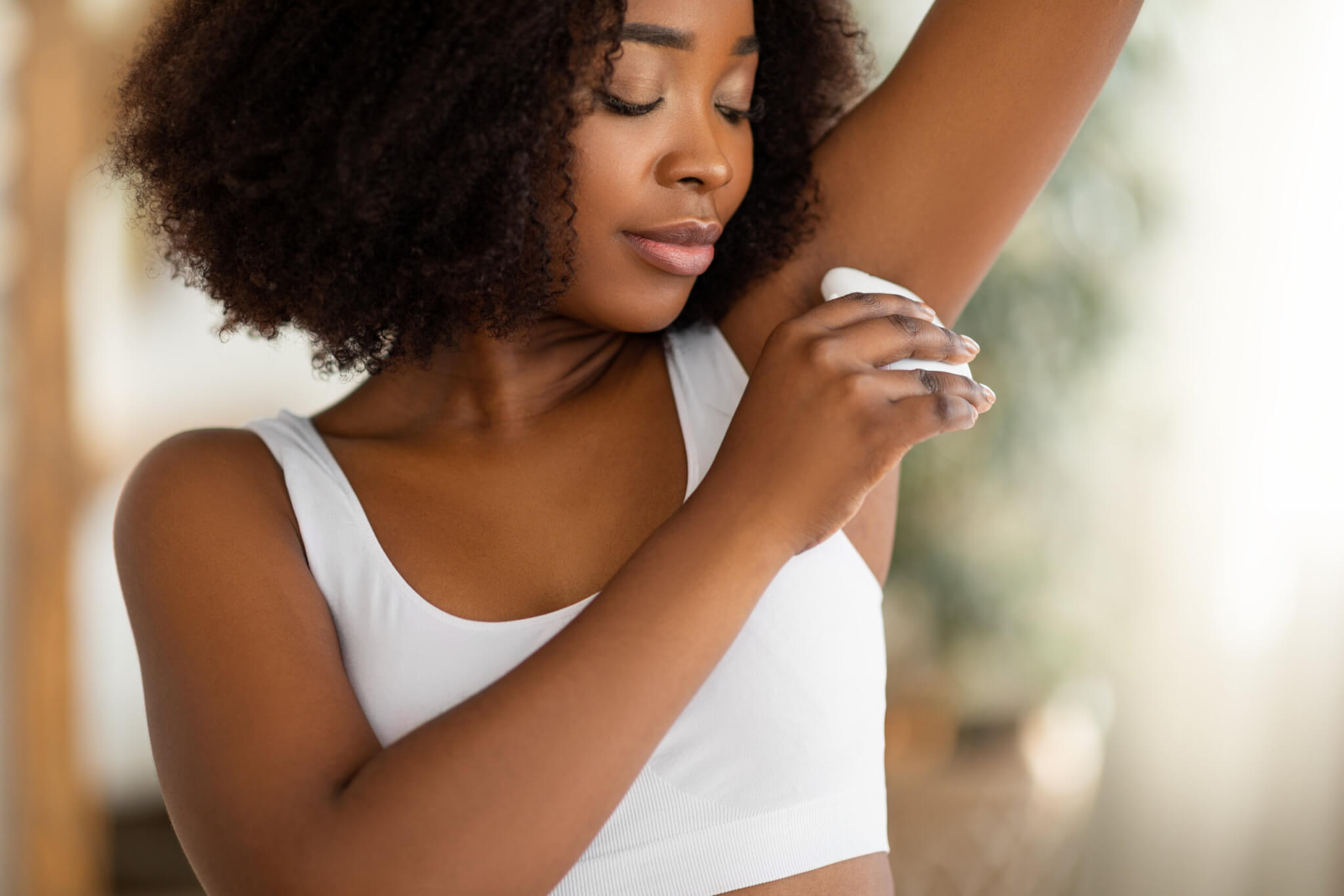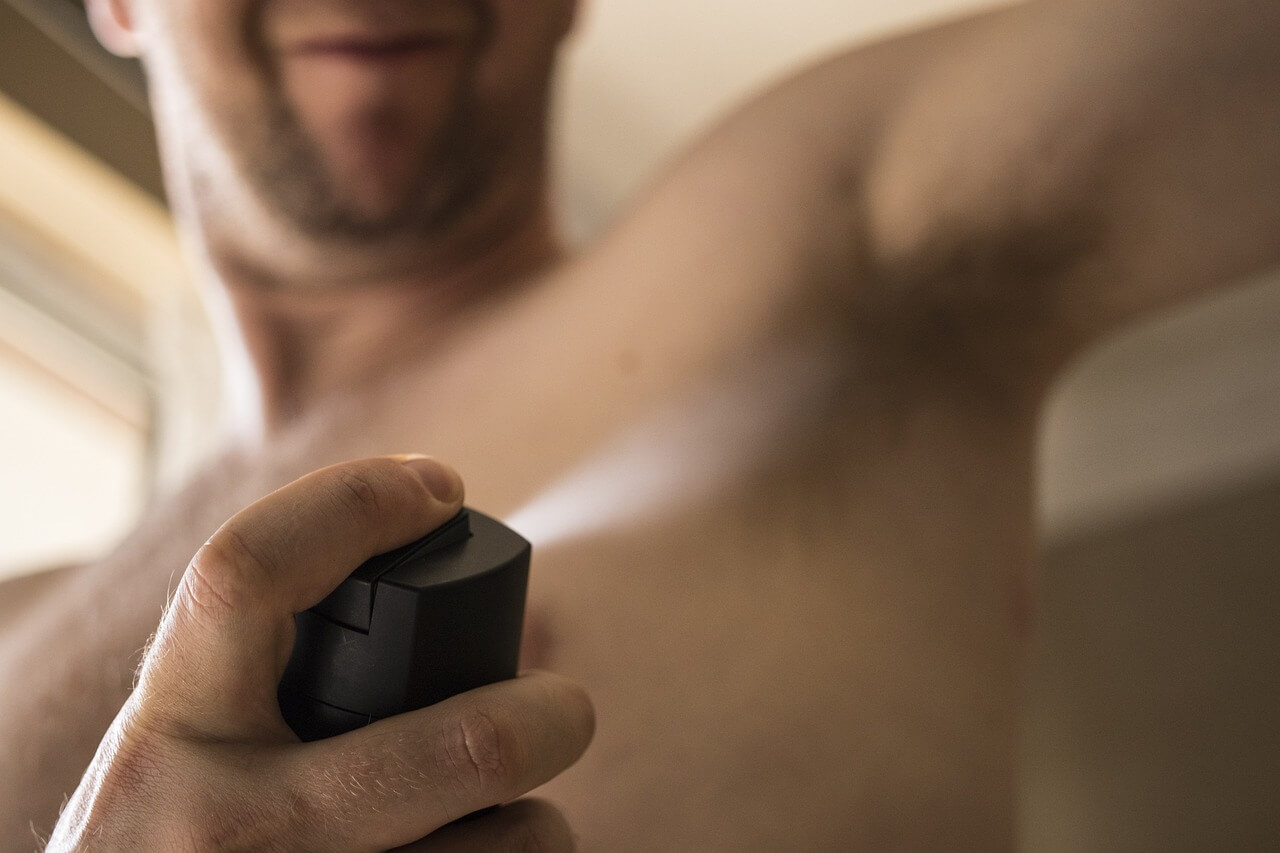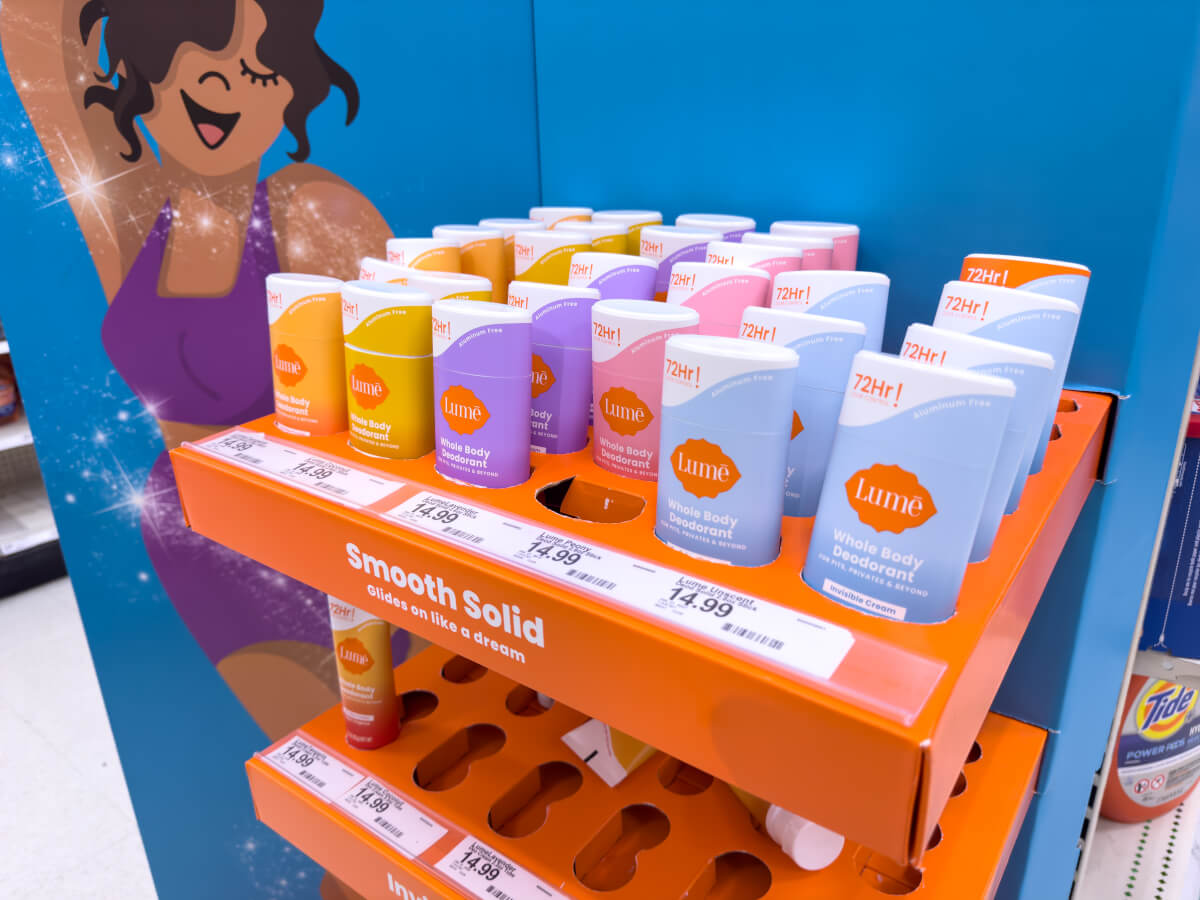There is a new hygiene product on the market that we never knew we needed – whole-body deodorant. Like most products, they claim to have many benefits. In this case, whole-body deodorants promise to mask odor from any part of the body, and when they say “any,” they mean any part – armpits, groin, feet, buttocks, and any other source of unpleasant scent.
Like many other products touting incredible benefits, however, these whole-body deodorants may have some risks. So, are they safe? Let’s see what you are applying to your body.
If you watch enough television, you’ve probably seen the plethora of commercials for Lume, a whole-body deodorant for women is at the forefront of this trend. It morphed into an additional product called Mando, obviously for men. Other brands, such as Secret and Dove, have quickly launched competitive products and sales for all of them are exploding.

Importantly, deodorants and antiperspirants are not the same thing.
They have different ways of acting and target distinct functions. Deodorants are classified as cosmetics, which are not regulated by the U.S. Food and Drug Administration (FDA). They are considered safe for use. Antiperspirants are classified as over-the-counter drugs and are regulated by the FDA. Their safety has been somewhat controversial.
Deodorants are intended to mask odor with fragrances, and to decrease bacterial growth on skin, which contributes to the production of body odor. Typical ingredients include a plant or mineral base, with essential oils, such as mint, cucumber, coconut, or lavender. Some use alcohol as an antibacterial agent. Its drying effect makes the environment less favorable for bacterial growth. Some use acids to lower skin pH, which also inhibits bacterial growth.

Antiperspirants are intended to reduce sweat by plugging sweat glands. The active (and controversial) ingredient is usually an aluminum compound, 18 of which are regulated by the FDA.
There had been speculation that aluminum absorbed by the skin might change the estrogen receptors of breast cells, elevating the risk for breast cancer. According to the American Cancer Society, however, there is no clear association between aluminum and breast cancer, and such speculation is not a reason to limit a product’s use.
There has also been concern about an association between aluminum and Alzheimer’s disease. Research, however, has failed to demonstrate that trace amounts of aluminum are associated with dementia. One study in 2001 reported that only 0.012 percent of aluminum was absorbed from products applied to underarms. More recent studies show even less absorption. There is no research about absorption of aluminum when it is applied all over the body.

Some products with aluminum are not labeled as antiperspirants, such as the Lume whole-body deodorant “sweat control” line of products. It contains aluminum sesquichlorohydrate, which is one of the compounds regulated by the FDA.
Both whole-body deodorants and antiperspirants are considered safe, if you aren’t sensitive to or allergic to them.
You can develop skin irritation and sensitivity to the ingredients, even to products which are considered “all natural.” The individual user affects a product’s effectiveness. Some conditions which influence body odor include stress, anxiety, genetics, hormonal changes, and obesity. Some medical conditions that contribute to body odor include diabetes, thyroid disorders, and hyperhidrosis (extreme sweating).
If you want to try a whole-body deodorant:
- Start with a small test area of skin.
- Avoid sensitive areas, such as the groin, until you know how your skin reacts.
- These products should never be used in the vagina.
Whole-body products should not be applied all over the body, like lotion. Sweat is a normal secretion used to cool the body. If sweat production is over-inhibited by these products, the body could potentially overheat.
Other ways to prevent sweat and body odor without the whole-body products include:
- Showering daily with antibacterial soap.
- Wearing loose-fitting clothing.
- Wearing cotton underwear.
- Showering and wearing clean clothing after working up a sweat.
- Avoiding excessive consumption of garlic, onions, and pungent spices.

The only thing you need to know about them is that you don’t need them.
It is unsettling that an OB/gyn physician, presumably an advocate for women’s health, developed a product that is invested in convincing women that their entire body is malodorous. That’s a message entirely different from the previous promotion that women’s bodies are to be appreciated, with limited need for alternation. (Of course, deodorants/antiperspirants are appropriate for strategic use.”)